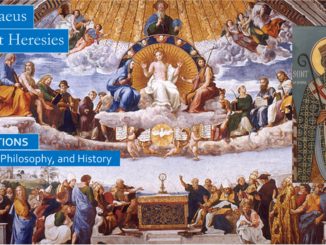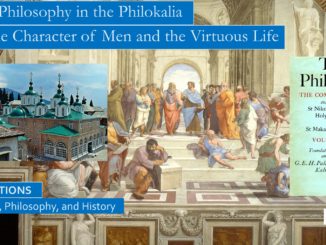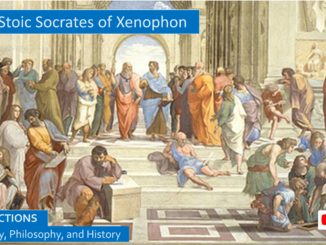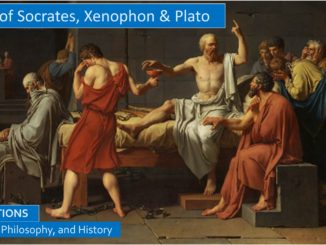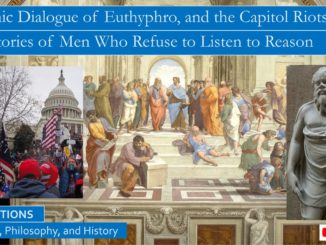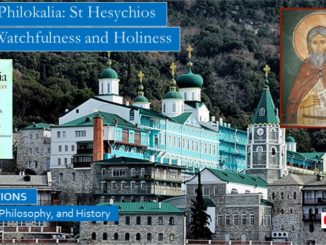
St Hesychios On Watchfulness and Holiness
We must be watchful. “Watchfulness is a continual fixing and halting of thought at the entrance to the heart. Guard your mind and you will not be harassed by temptations. But if you fail to guard your mind, accept patiently whatever trial comes. Watchfulness when practiced over a long period, completely frees us with God’s help from impassioned thoughts, impassioned words and evil actions. . . This enables us to fulfil every divine commandment in the Old and New Testaments and bestows every blessing of the age to come. It is purity of heart, a state blessed by Christ when He says” ‘Blessed are the pure in heart, for they shall see God.’ Purity of heart is the ground for the vision of God.” […]

